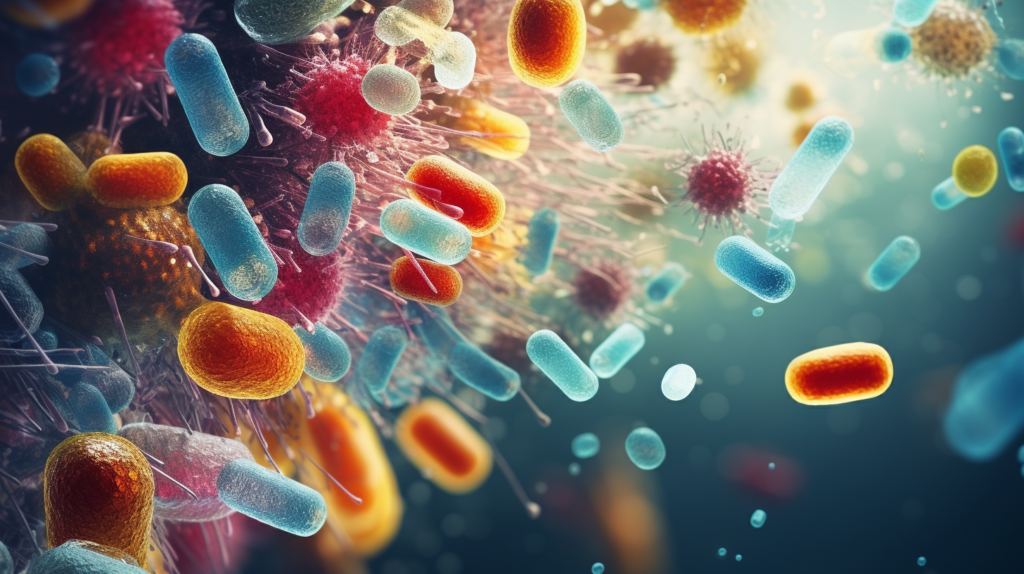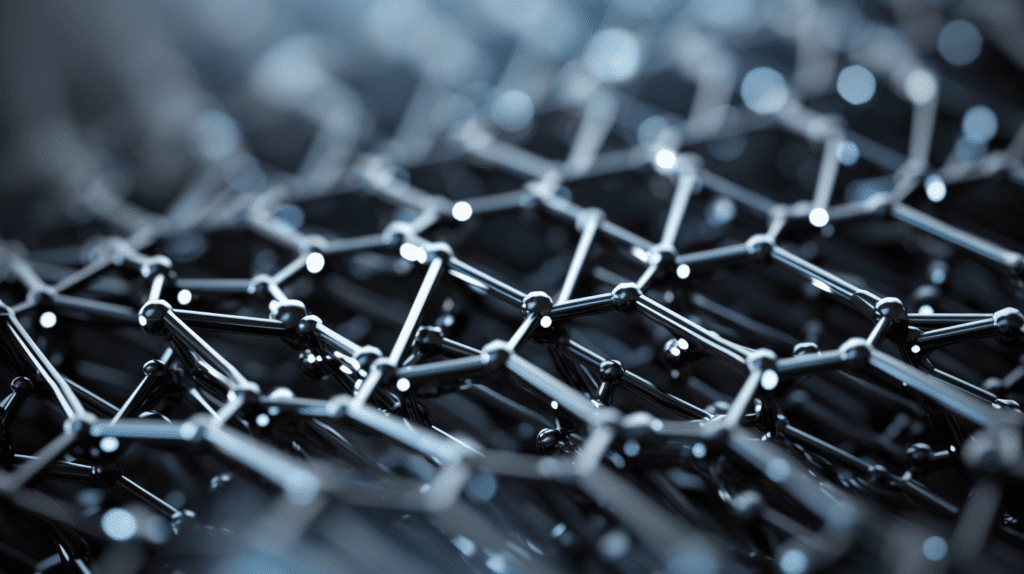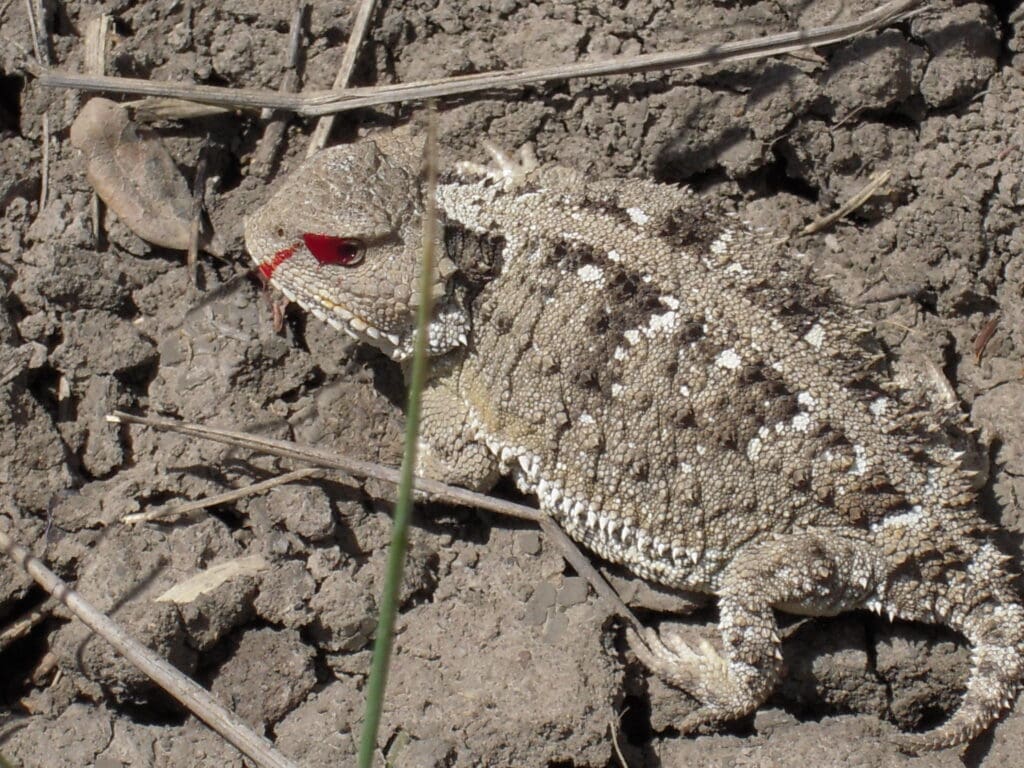
Researchers announced they have developed and tested a new compound in a weight loss drug that mimics the effects of exercising, and they say the results are promising.
A professor of pharmacy at the University of Florida and his college issued a press release announcing their development of a new compound called SLU-PP-332 that was tested on obese mice.
According to the research, the drug sped up the metabolism of the mice and activated the body’s most “energy-gobbling” tissues, particularly the muscles, brain, and heart.
The compound targets a group of proteins in the body known as ERRs, which are responsible for activating some of the most important metabolic pathways. ERRs are more active when people exercise, but they have proven difficult to activate with drugs – until now.
It’s worth noting that the drug does not affect the appetite or food intake. It doesn’t cause the mice to be any more active, and the mice didn’t exercise any more than those not receiving the compound. The successful results came from increasing energy expenditure and speeding up the metabolism of fat in the body.
Also encouraging is that the drug has not generated any severe side effects so far, according to the researchers.
The Results: How the Drug Works


Thomas Burris, a professor of pharmacy at the University of Florida, led the research into the new drug. He explained how the compound affects the body to produce results that are similar to exercise.
“This compound is basically telling skeletal muscle to make the same changes you see during endurance training,” Burris said. “When you treat mice with the drug, you can see that their whole body metabolism turns to using fatty acids, which is very similar to what people use when they are fasting or exercising. And the animals start losing weight.”
Researchers treated obese mice twice a day with the drug. The mice lost 12% of their body weight and gained 10 times less fat than untreated mice – while eating the same amount of food and not exercising any more than the untreated mice did.
“They use more energy just living,” Burris said.
Not only did the drug help the mice lose fat and weight, but normal-weight mice were able to run 70 percent longer and 45 percent farther than mice not receiving the compound.
Could Help Maintain Muscle As People Age
Among the hopes that researchers have for the new drug is that it might help maintain muscle mass during weight loss. The greatest hope is that it can help maintain lean muscle mass which tends to decrease during aging, a time when the body responds less effectively to exercise.
“This may be able to keep people healthier as they age,” Burris said.









